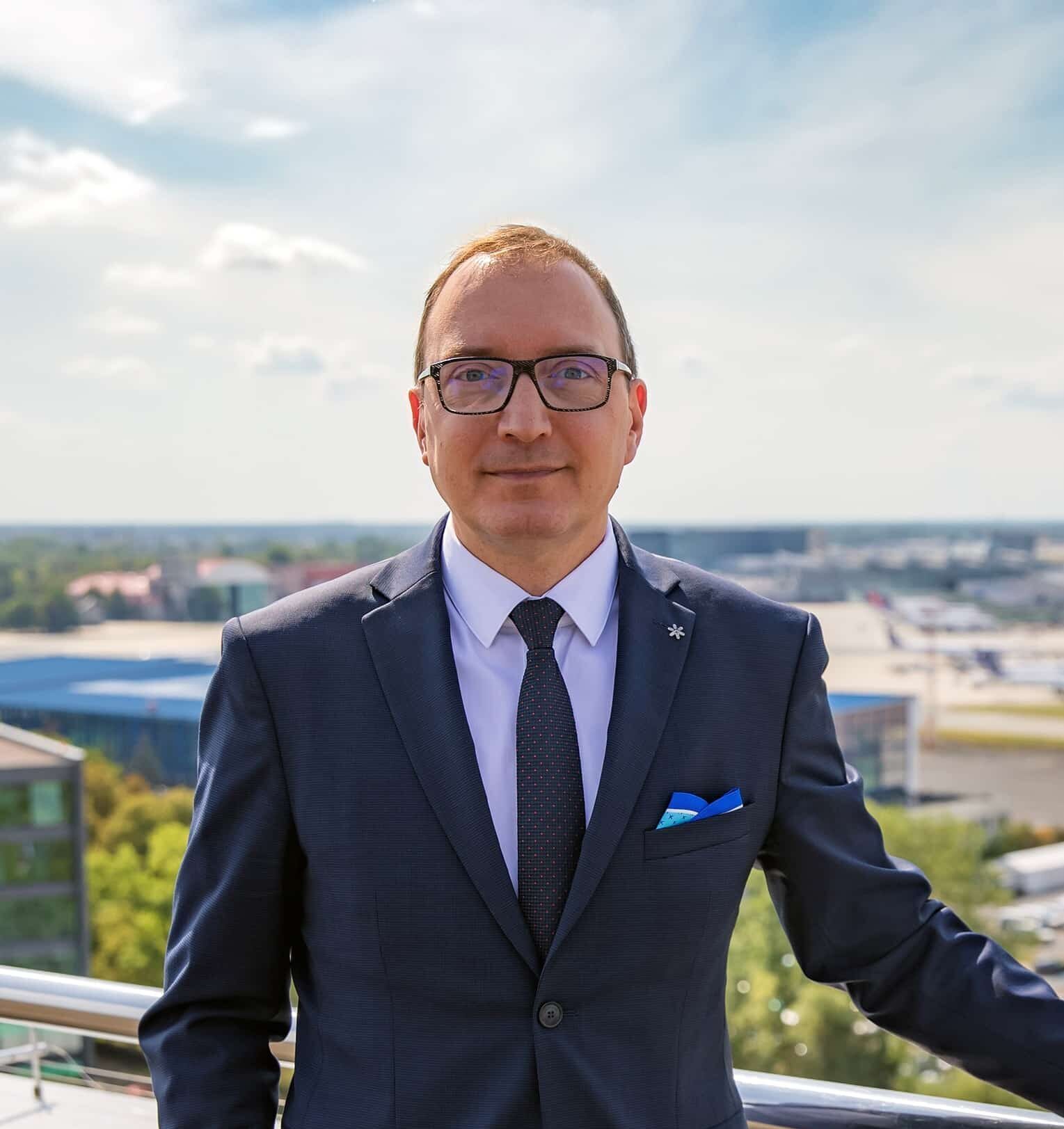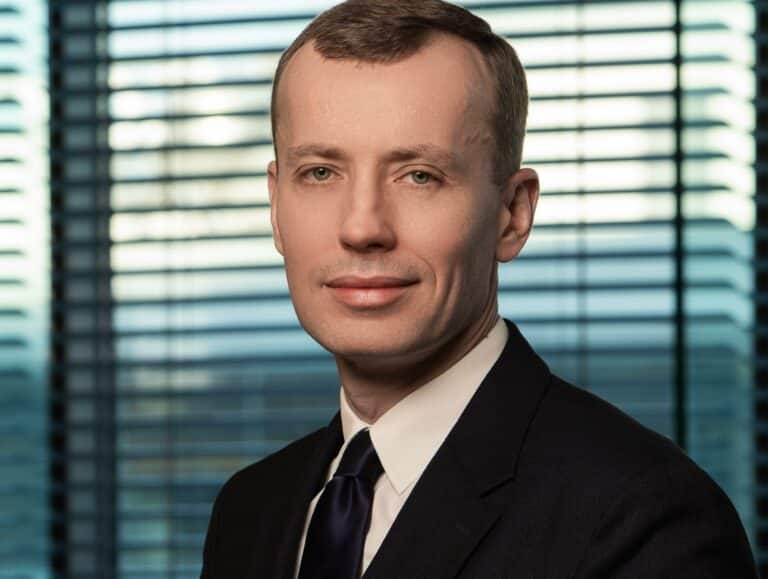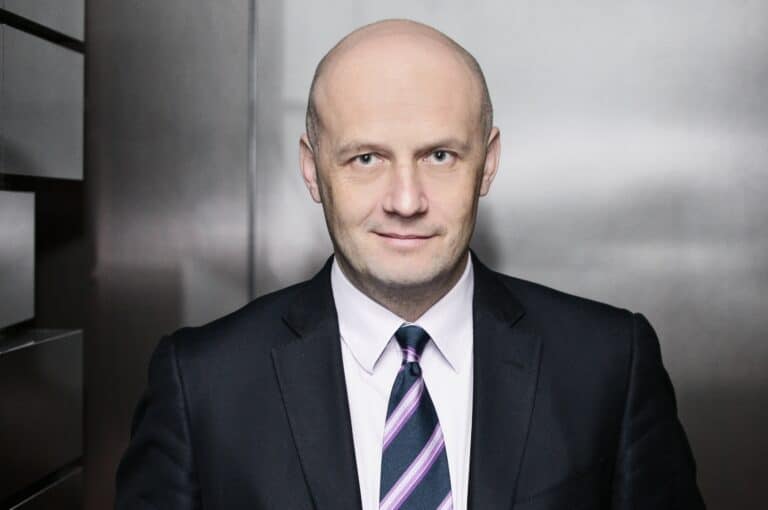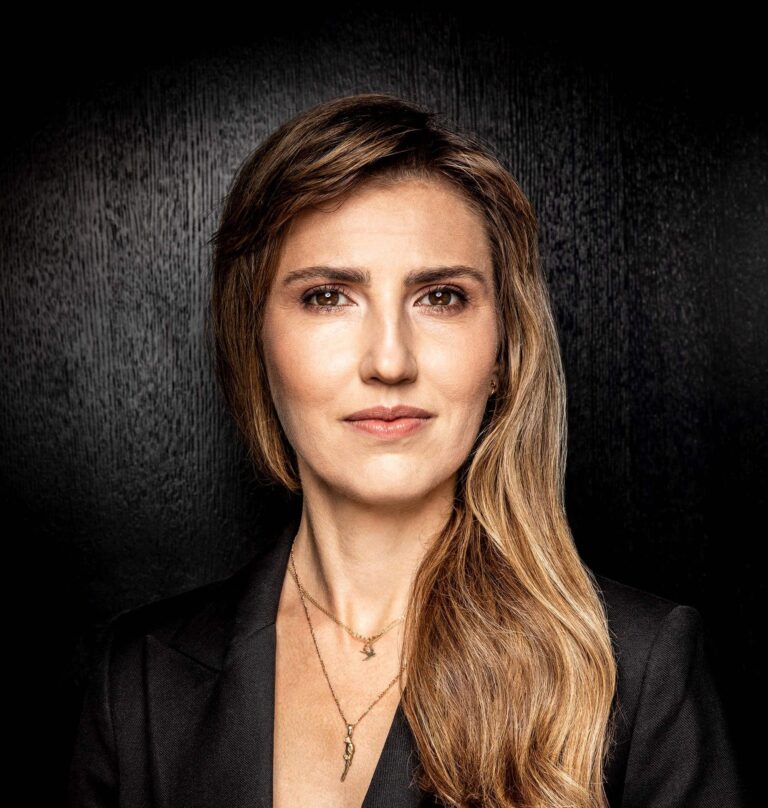Navigating ESG, AI and sustainability in aviation
Sylwia Ziemacka talks to Adam Sanocki, Member of the Board at the Polish Airports S.A. (PPL S.A.), one of the top aviation infrastructure companies in Poland, taking active part in the shaping and development of this strategic branch of the industry.
The aviation industry currently contributes to about 2% of global CO2 emissions, which equals around one billion tons of carbon dioxide annually. The impact on climate change is estimated to be 3.5%. If no action is taken, by 2050, these numbers could triple. ESG (Environmental, Social, and Governance) is becoming increasingly important, not just in aviation. How does PPL approach this issue?
At PPL, we take the topic of ESG very seriously, with a systemic and strategic approach. We understand that sustainable development will have a significant impact on our industry in the future—and that future starts today.
When we developed our ESG strategy, we identified several ongoing activities that align with our sustainability goals. For example, Chopin Airport is the only airport in Poland to have received the prestigious Airport Carbon Accreditation (ACA), awarded by the Airports Council International (ACI) Europe. We are currently at the first level of the program, which has allowed us to assess the carbon footprint of the airport’s operations. We’re now working to achieve higher certification levels focused on reducing that footprint.
We aim to create safe and climate-neutral airport infrastructure, support sustainable economic development, and improve the quality of life for the communities we serve. Our goal is to become a role model for other airports in Poland, showing how to effectively implement sustainable development standards.
Can you share some broader challenges the aviation industry faces globally in achieving meaningful ESG targets?
The biggest challenge is that ESG is not just about the environment—it also covers social and governance issues. As a company, we recently restructured and created a dedicated ESG team. Soon, we will appoint an ESG director, who will oversee all our initiatives to ensure they’re integrated with our day-to-day operations. We’re also developing an integrated company strategy, which will be finalized by early 2025. ESG is not about one-off actions; it’s a long-term process that brings real benefits to the environment, society, and the organization.
How is AI impacting your operations, particularly in terms of passenger experience and sustainability?
AI is transforming the way we manage airports. One of the key areas of this transformation is improving the passenger experience. AI allows us to better analyze data and optimize air traffic management, leading to smoother operations and shorter waiting times at airports, which naturally improves passenger comfort. For instance, AI enables more efficient planning and resource management, resulting in better security checks and enhanced communication with passengers.
In terms of sustainability, AI plays a crucial role in reducing our carbon footprint. Optimizing airport operations—such as energy and resource management—leads to lower energy and fuel consumption. AI also allows us to adopt a more personalized approach to passenger services. We can analyze their needs and tailor our services more flexibly and sustainably. However, we must also be mindful of AI’s limitations, especially concerning safety, which remains our top priority in aviation. The Human Experience isn’t just about comfort but also about safety, social responsibility, and transparency.
How do you see AI contributing further to sustainability efforts in aviation, and what are the limitations?
AI will continue to be a vital tool in optimizing various aspects of airport operations—from energy consumption to resource management. However, we must always prioritize safety, which can be a limiting factor in fully automating certain processes. Additionally, AI implementation requires significant investment, both in terms of technology and human resources. While it offers many advantages, we must approach its use carefully, ensuring that it complements rather than replaces essential human roles.
Speaking of human roles, education and skills development are also crucial. How is PPL preparing its workforce for the future, especially with the rise of new technologies?
Education and skills development are the foundation of sustainable development in the aviation industry. The changes we’re seeing in the sector require modern, well-educated personnel capable of handling new technologies, safety, and environmental protection. At PPL, we recognize the importance of investing in people to prepare them for the future. That’s why we collaborate with various universities to develop educational and training programs that meet the industry’s needs. We also have our own Polish Airports Academy, which trains and educates our staff.
Importantly, this isn’t just about central airports like Chopin. We’re also focusing on regional airports, as we aim to develop future personnel across the country. By doing so, we can fully capitalize on the potential of the Polish aviation market. We want our educational initiatives to set new standards in the industry and serve as an example for other airports. Aviation safety requires continuous skills development, so preparing new employees for future challenges is a key element of our strategy.
How do you see the role of regional airports in supporting the growth of Polish aviation?
Regional airports are incredibly important for the growth of the entire aviation sector in Poland. By focusing on developing skilled personnel across the country, we ensure that all airports—large and small—can operate efficiently and contribute to the overall market. It’s about creating a comprehensive system where all parts of the industry are supported, not just the largest airports. This is key to fully unlocking Poland’s aviation potential.
Let’s return to the topic of new technologies. You mentioned earlier that PPL is a leader in introducing sustainable innovations. Could you elaborate on the specific technologies you’re implementing and how they contribute to your long-term sustainability goals?
We’re taking several steps to minimize our carbon footprint and improve operational efficiency. For example, we’re electrifying our fleet of airport vehicles, which has significantly reduced emissions. We’re also expanding our use of renewable energy—at Chopin Airport, we have photovoltaic installations that harness solar energy.
Additionally, energy management technologies and process optimization enable us to better monitor resource consumption and identify areas where we can make further savings. The future of aviation lies in airports that are smart and sustainable, and at PPL, we’re doing everything we can to implement technologies that achieve these goals.
Our industry must evolve, and we want to be at the forefront of these changes. While aviation requires investment, I believe our industry is already doing a lot in terms of environmental protection and is ready for a responsible approach to align with climate goals.







